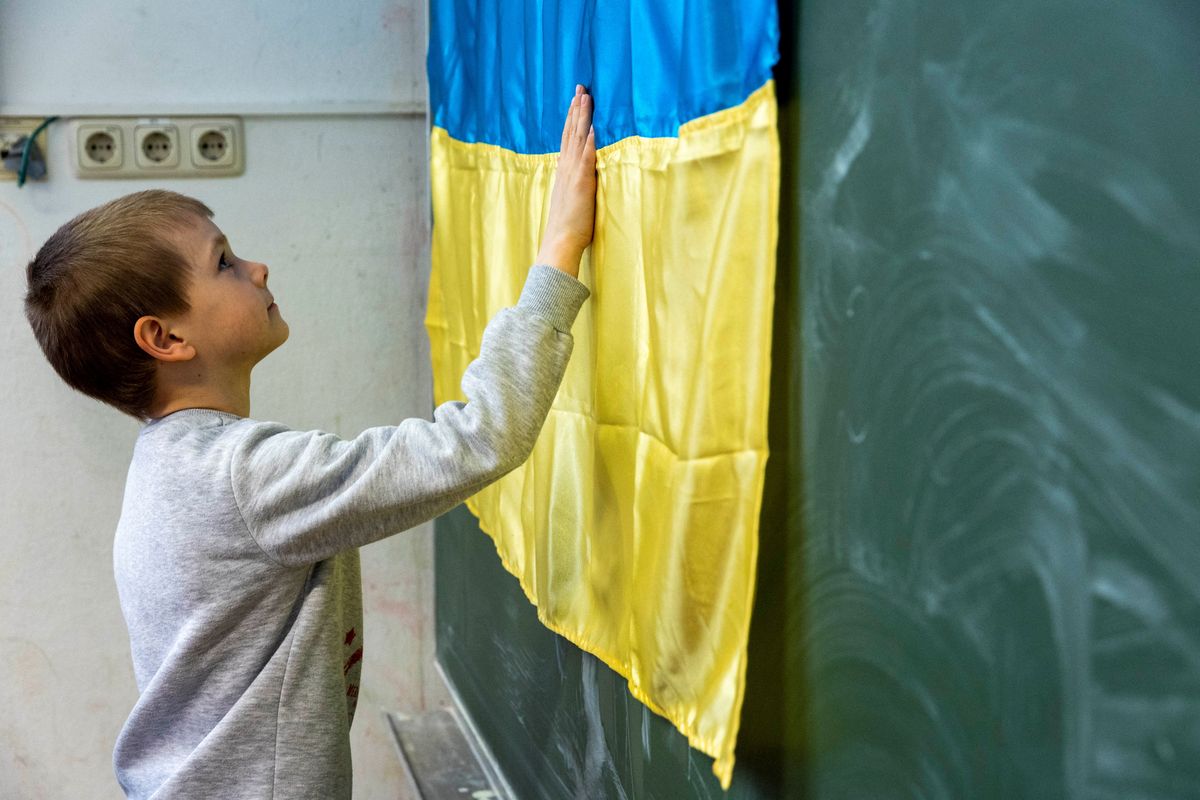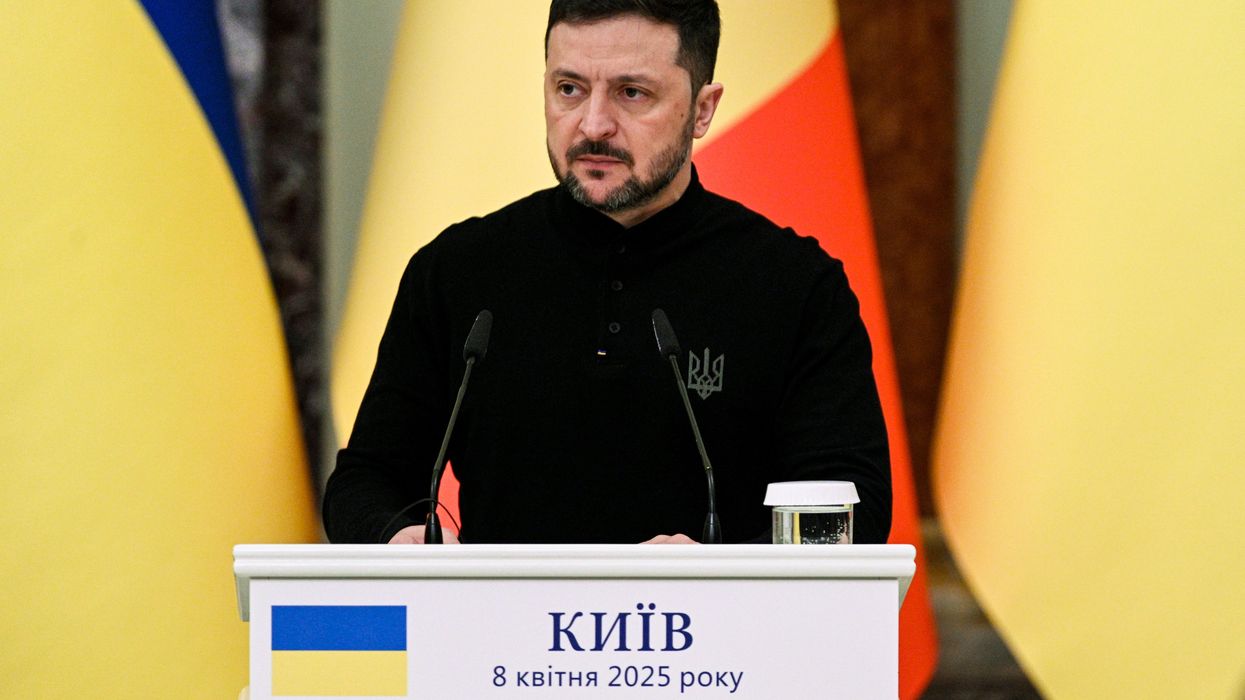There’s no sign the Russian and Ukrainian governments are ready to talk peace, but there has reportedly been progress made in mediating agreements to return Ukrainian children, taken by Russian forces into Russian territory, to their families in Ukraine.
The Russian seizure of these children has led the International Criminal Court to charge Russia’s Vladimir Putin with war crimes, but the Financial Times has reported on mediation efforts, led by Turkey and Saudi Arabia, to repatriate as many Ukrainian children as possible.
Russian officials claim the children have been moved to protect them from the fighting. Ukrainian authorities charge the kids are being put into special children’s homes where Russian teachers feed them propaganda about the war and try to erase their Ukrainian identities. Some have been adopted by Russian parents.
The first task for mediators is to work with Ukrainian and Russian officials to build an accurate record of the thousands of Ukrainian kids now held inside Russia. Once completed, the goal is to find the best family solution for each child based on the location of their closest living relatives.
Given how emotive, and therefore sensitive, the issue is, none of the governments involved in this process has commented publicly on it. There are some grounds for hope that mediation efforts on this issue – with trusted outsiders working with the Ukrainian and Russian sides separately – could eventually lead to peace talks with a similar structure.


















